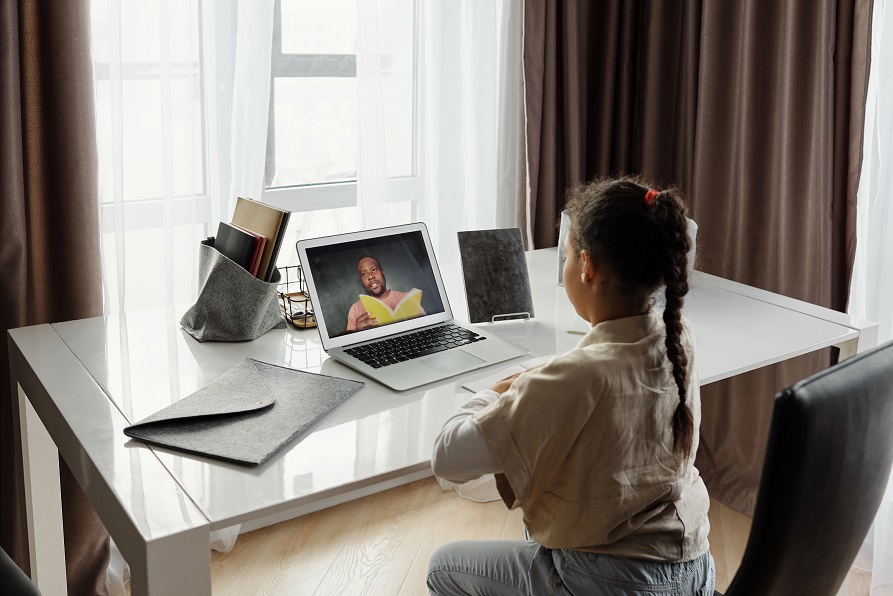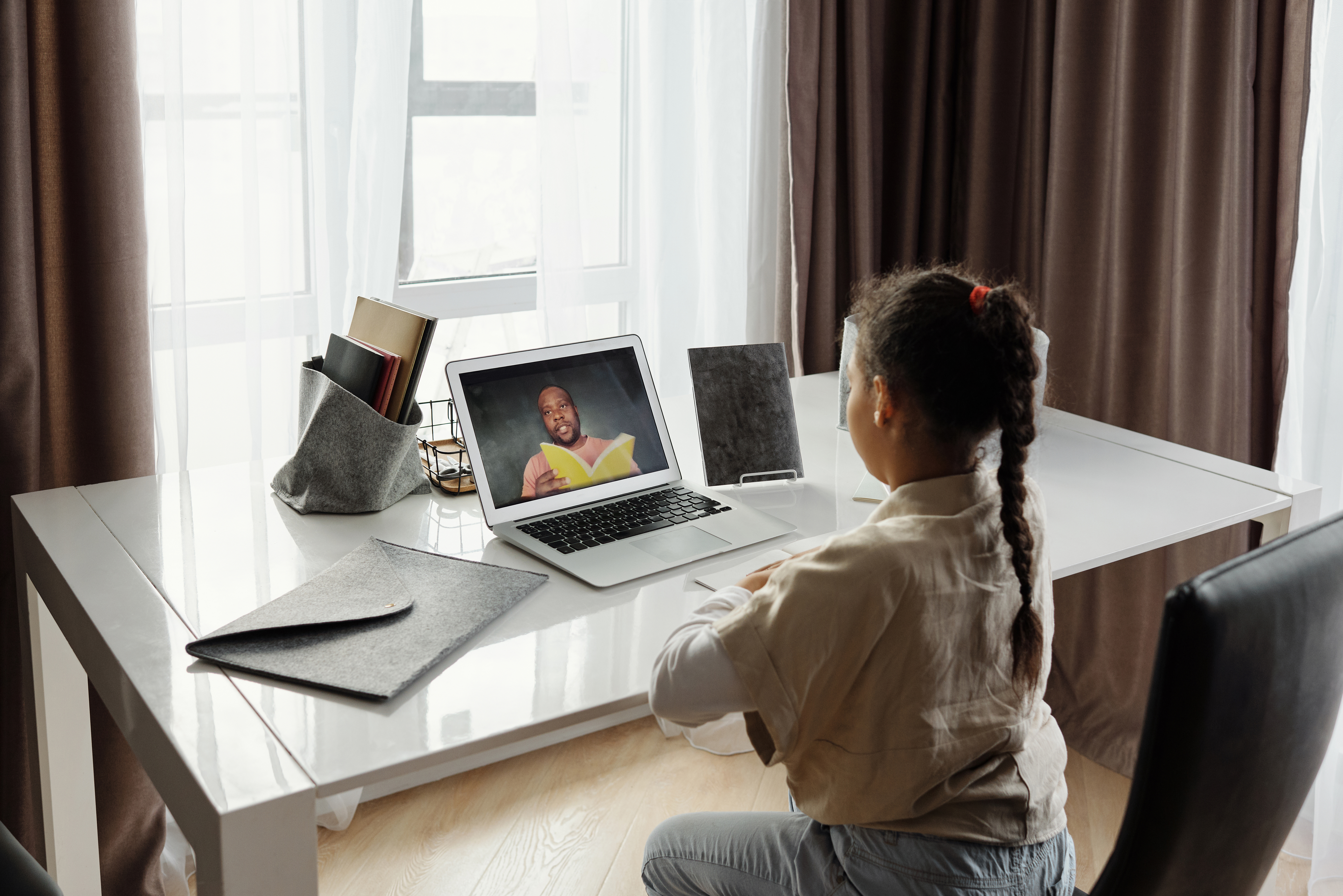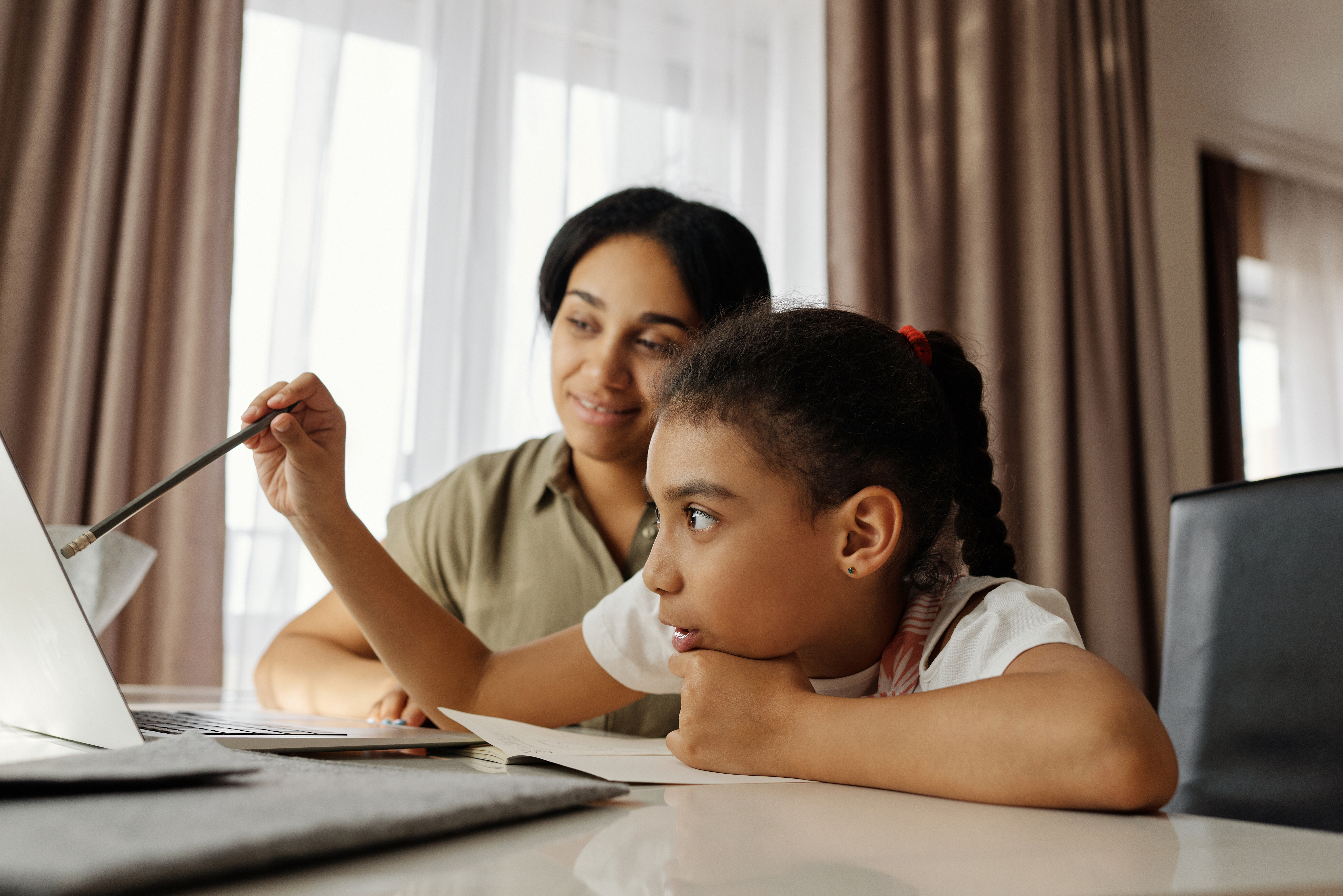
Tips & Tools
Managing your anxiety
Managing COVID Related School Stress

Written by: Joelle Anderson, MA, RP, CCC
Hopefully this doesn’t come as a surprise… but school is likely to look (at least a little) different come this fall. While Ontario students, families and teachers wait to hear what measures will be put in place to prevent the spread of COVID-19 through schools, for the moment they are left with a lot of uncertainty - and uncertainty is stressful.

In fact, environments of high uncertainty and low control serve as breading grounds for anxiety and worry for many people1.
Research shows that people with anxiety, and especially those who worry a lot, often feel intolerant of uncertainty1,2. So, when uncertainty – an inevitable part of life – arises, these people may find themselves experiencing at least some of the following:
- High worry (perhaps a lot of repetitive, intrusive thoughts about the subject of uncertainty);
- Avoidance (i.e., not making plans, not discussing options) and/or hyper-vigilance/high attentiveness (i.e., always talking or thinking about it)
- Cognitive biases (thoughts that become distorted) through processes such as catastrophizing (i.e., we won’t be able to cope!), jumping to conclusions (i.e., they’re for sure going to do x/y/z), or magical thinking (i.e., if I do X every day, I can get the outcome I want);
- Over-engaging in distractions (hmmm… watching a lot of Netflix lately?);
- Over-asserting control in other areas, even to a degree that may be exhausting and/or unhelpful (i.e., a lot of list-making, double checking, refusing to delegate or grasping for control in other areas like making very detailed summer plans, controlling food choices, micromanaging children’s schedules, etc.);
- High advice-seeking and/or vulnerability to others’ opinions and/or advice.
And any or all of these symptoms can exacerbate anxiety. They each involve us fighting reality to try and control an outcome that might not be controllable. And that causes pain.

So, first – know that this is normal. When things change, when things are out of our control, when we have to accept a reality that we wish were different – we must grieve. We all fight reality to avoid this grief, at least sometimes. But it’s OK to be sad about what feels different or lost now, and it’s natural to not yet be able to see what benefits these changes may bring. So, grieve, write out what you’re upset about, honour it – but don’t let it dictate your life, accept it, act according to your values and goals, and see if you can find any silver linings (if possible).
Regarding the anxiety, what can you do? The good news is that we can learn to become more tolerant of uncertainty. And, there are a lot of ways to do that.
Some examples include:
- Mindfulness and meditation (Insight Timer has some great, guided options, or find a book or a course, like Headspace).
- Self-help books (also available as audiobooks!), such as the following:
- Mind Over Mood to evaluate inaccurate or distorted, anxious thoughts
- The Mindful Way Through Anxiety to help distance from anxiety and allow it to pass
- The Worry Cure to help identify productive vs. unproductive worry, and reduce worry
- Radical Acceptance to learn how to stop fighting reality and cope with what is
- Self-Compassion to be kinder to yourself through the process of uncertainty
- Daring Greatly to learn why all humans resist vulnerability, and how to find courage
- Engaging in Cognitive Behavioural Therapy or Dialectical Behavioural Therapy (you can find info online, or seek a therapist’s help)
- Engage in an exercise for change. Here are a couple of ideas:
- Circle of Control - Steps:
- Take a blank page and draw a large circle in the middle
- Outside of the circle – list the things that are outside of your control in the given situation/context
- Inside the circle – list the things that are within your control in the given situation/context
- Decide to focus your energy on the things you can control in the given situation/context
- Acknowledge you may need to just allow yourself to feel sad or frustrated and grieve the things that are outside of your control (it’s a changing world – and grief is natural!)
- Acting “As If” – check out these instructions from Anxiety Canada.
- Circle of Control - Steps:
- Talk to others for support, and maybe advice - but try to ground in your own values and decide what you and/or your own family wants to do with this new reality (you don’t have to do what others are planning!)

Ultimately, know this – it will be OK. Consider all the times you have faced uncertainty in the past, and been OK, it works out, people adapt and are resilient. We prevail.
This uncertainty too shall pass… really, it will. Nothing stays uncertain forever. Care for yourself as you go through it for now and soon enough you’ll have the information you need to act.
References
1. Anxiety Canada. (n.d). Intolerance of Uncertainty. Anxiety Canada website: https://www.anxietycanada.com/articles/intolerance-of-uncertainty/
2. Qi, S., Footer,O., Camerer, C.F., & Mobbs, D. (2018). A Collaborator’s reputation can bias decisions and anxiety under uncertainty. The Journal of Neuroscience, 38(9), 2262-2269. DOI: 10.1523/JNEUROSCI.2337-17.2018
- All
-
29 Nutrition
Nutrition
- 73 Mindfulness and Relaxation
- 27 Student Life
- 8 Exercise
- 51 Treatments & Therapies
- Anxiety Resources

Don't see what you're looking for? Send us an email!
©Copyright 2024 Cam’s Kids powered by Kids Help Phone
Not-for-Profit Organization. B/N: 921508-5
Thanks for visiting Cam's Kids. Please remember...
Cam's Kids is not a service provider.
If you are in crisis, please call 911 or go to your nearest emergency department. For free, confidential counselling, contact Good2Talk or Kids Help Phone.
Post-secondary students: find your local crisis resource here.

